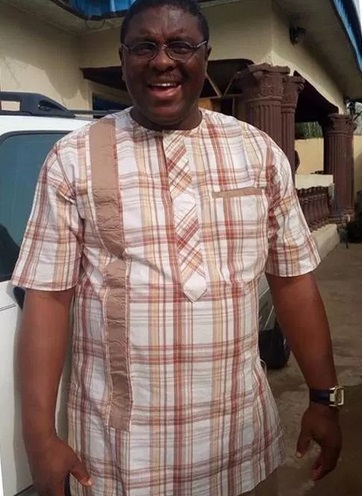Emmanuel Macron has been elected as the president of France. While you’ll be able to read plenty of profiles about him over the next few days, I wanted to use this opportunity to look back at the campaign and how technology has profoundly changed politics.
Every major campaign brings its set of changes. Barack Obama used big data and micro-targeting in his 2008 campaign. Then social networks became a great way to address messages to voters directly. But the political campaigns of 2016 and 2017 have been something different altogether.
The internet has become so big that trolls started to have a significant influence on the results of the elections. If you’re American or British, I’m sure you know this story. Fake news and Facebook hysteria have played such an important role that it has been frustrating for many.
But it’s hard to understand this as an outsider. Sure, I wrote a plea asking Facebook to fix the plague of fake news before the French election. But I had no idea fake news could be this nerve-racking until the French election. I’m insanely happy that Emmanuel Macron came out ahead and Marine Le Pen didn’t win this election. But I was worried until the very last day.
The last week of the campaign has been dominated by hackers sharing a ton of emails from Macron’s team, Marine Le Pen’s team and supporters tweeting fake news all day long and stupid memes going viral on Facebook. The most popular fake story was that Macron had a secret bank account in the Bahamas.
If you think Macron’s election proves that Facebook, Twitter, YouTube and other social media platforms don’t have a fake news problem anymore, you’re wrong. It’s been a nightmare, and it’s still going to be a nightmare for future elections.
Even more important, Facebook is still the digital megaphone we don’t need.
With blogs and forums, the most interesting people became the most influential people. With Facebook, the loudest people have become the most influential people.
Sure you could say it’s a good thing that everyone now has a say. But I’ve never seen so many stupid, factually incorrect messages on a single website. You can unfriend the biggest offenders but you risk separating yourself from people who disagree with you and surround yourself with people in the same bubble as you.
Propaganda pages optimize their reach and chase likes and shares, bots increase engagement on each post, and everything becomes a test on collective intelligence. It feels like Facebook’s algorithm is turning citizens into guinea pigs to test the limits of democracy.
It’s so scary to see it happen a second time. And it’s even scarier to see that many French people discovered the concept of fake news last week. Nobody learns from our collective mistakes.
And then, there’s all the hacking. Thousands of emails and documents were shared hours before election day. So far, it’s a pretty dull story as it seems like these documents don’t show any conspiracy or shameful secrets.
But Macron’s team was aware that there was big risk. My guess is that hackers managed to access those email accounts thanks to phishing campaigns and password reuse, because it’s still hard to fix all your security weaknesses.
It’s clear that all elections are going to be like that now. Political team members will all need to take a course on “Encryption 101” before joining a campaign. At least it’s a good way to educate politicians so that they stop asking for backdoors.
Now, it’s time for tech cheerleaders to stop saying that tech is a good thing and will always fix itself. Technology has changed politics and there’s no coming back. Instead of fighting that, let’s embrace it and fix the internet before it completely messes up with our stupid monkey brains.











0 Comments